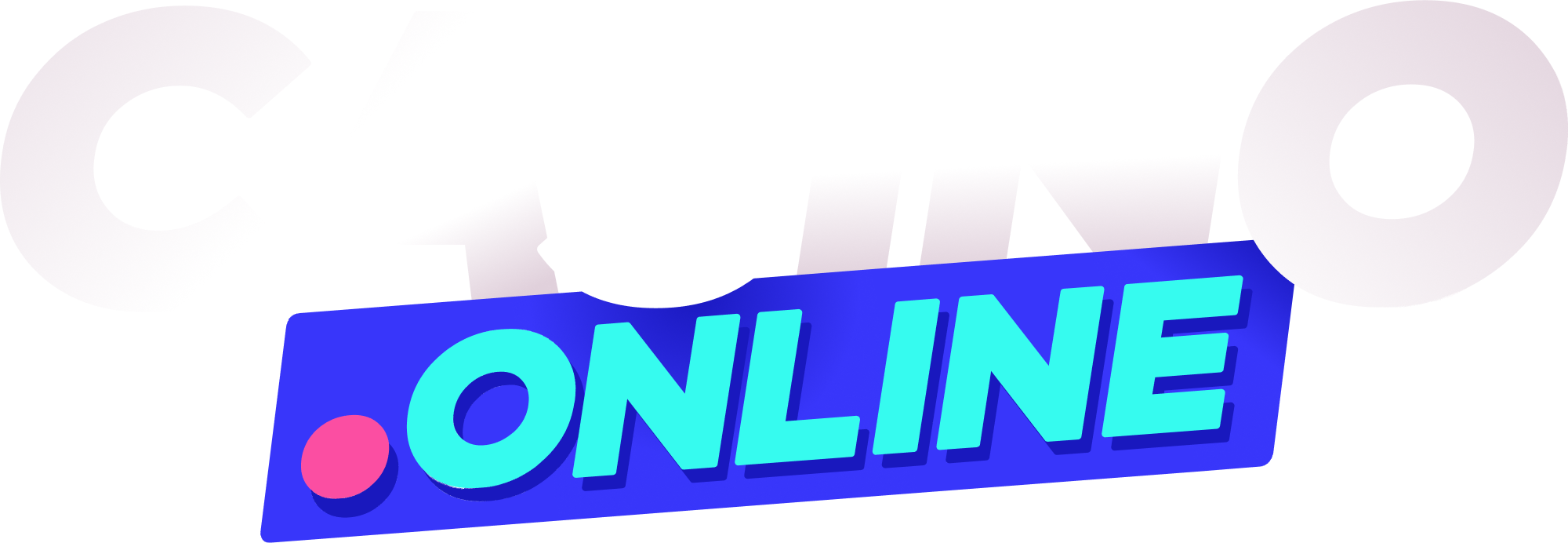Unexpected Threat: How Abusive DMCA Claims Are Undermining Affiliates
Article by
Updated by Alejandro Dalby Dec 19, 2025
What began as a noble shield for creativity has turned into a weapon for digital saboteurs. The DMCA, a defence against copyright theft, is abused by fraudsters exploiting its loopholes. And affiliate marketers, particularly in the online gambling world, are bearing the brunt.
When Copyright Turns into Censorship
The Digital Millennium Copyright Act (DMCA), passed in 1998, was built for speed. But speed comes at a cost - namely, fairness.
Originally designed to help copyright owners remove infringing content, the act now leaves legitimate publishers vulnerable to malicious takedown requests. All it takes is a seemingly valid claim, and Google must act. Even when the claim is false, content vanishes for up to 14 days. In digital publishing and affiliate marketing, that's an eternity.
Worse yet, many of these takedown processes are automated. Entire websites can be pushed down the rankings - or wiped off the map - without human review. The appeals process is sluggish, under-resourced, and usually too late.
Fraud, Fakes, and the Price of Silence
The affiliate gambling sector is increasingly in the crosshairs. Major money keywords are now battlegrounds, with competitors using false copyright and even bogus government takedown requests to kneecap their rivals. Claims allegedly coming from regulatory bodies vary wildly in naming, formatting, and source, yet still succeed in forcing removals.
One publisher reported sending 50 counterclaims in a single month. Google responded to just one. The consequences? Millions in revenue lost.
A Booming Black Market of Takedown Services
Freelancers are cashing in on the DMCA loophole gold rush. A quick search on Fiverr or Upwork reveals countless sellers offering takedown services for a fee. This shadowy ecosystem thrives on platform leniency. No regulation, no verification. Just click, pay, and your competitor disappears, at least temporarily.
Loopholes, Lumen Logs, and Legal Limbo
According to Lumen Database, nearly 34,000 false DMCA notices were logged between 2019 and 2022 targeting legitimate journalism. The tactics vary, but one favourite is "back-dating" - republishing content under a fake earlier date, then claiming the original infringes on their fake version.
In 2024 alone, Lumen flagged 60,000 more suspect notices. Google's own reports suggest at least 6% of video takedowns on YouTube in 2024 were based on false ownership claims.
Fighting Back - Slow Steps in the Right Direction
Legal pushback is beginning to stir. Google has launched lawsuits against abusers. High-profile takedown firms such as Eliminalia are now on the radar of EU regulators.
The U.S. Copyright Office has acknowledged that Section 512 no longer fits the modern online ecosystem. While their 2020 review stops short of recommending an overhaul, it does call for updates to better balance the interests of creatives, service providers, and publishers.
But without faster reform, those with bad intentions will continue to exploit the loopholes. In the meantime, gambling affiliate sites must protect themselves. Awareness, counterclaims, documentation, and, where possible, legal intervention are the only real safeguards.
The Battle for Fair Play Online
DMCA abuse has moved from the shadows to centre stage - profitable, pervasive, and dangerously efficient. From SEO warfare in the gambling sector to silencing journalism and independent voices, the system loopholes are being manipulated with calculated intent.
While regulators lag behind, affiliates and publishers are forced to play defence in a precarious game - one where the rules can change without warning, and a single false claim can erase months of work overnight.

Written by
Jacob Evans
Content Writer & Casino Specialist
I'm Jacob Evans, your go-to expert in online gambling. With a robust background in casino gaming and a knack for breaking down complex betting strategies, I'm here to guide you through online casinos, sharing tips to help novices and seasoned bettors excel.

Facts checked by
Alejandro Dalby
Content Writer & iGaming Specialist
I'm an experienced writer specializing in casino games. My journey in the iGaming industry has equipped me with a deep understanding of gaming strategies and market trends. I'm here to share my insights and help you navigate the exciting world of online gambling.




